Improving Health: In Islam, dua is a profound act of worship that allows believers to connect with Allah (SWT) and seek His divine assistance. Whether you’re praying for better health, financial stability, or inner peace, Islamic duas offer a spiritual pathway to address life’s challenges and aspirations. This comprehensive guide explores authentic Islamic prayers sourced from the Quran and Hadith, focusing on improving health, increasing wealth, and finding happiness. We’ll delve into specific duas, their meanings, practical applications, and additional resources to enrich your spiritual journey.
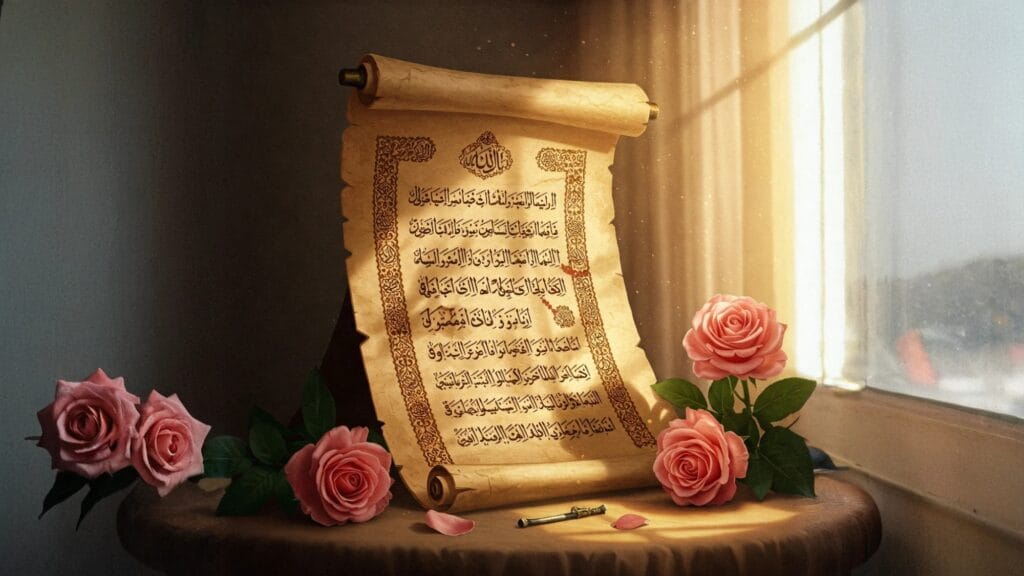
Introduction to Islamic Duas
Dua, meaning supplication or prayer, is a cornerstone of Islamic faith. It is a heartfelt conversation with Allah (SWT), where Muslims express their needs, gratitude, and devotion. The Quran emphasizes its significance, stating, “And when My servants ask you concerning Me, indeed I am near. I respond to the invocation of the supplicant when he calls upon Me” (Surah Al-Baqarah, 2:186). This verse underscores Allah’s promise to listen and respond, making dua a powerful tool for every believer.
The importance of dua transcends mere requests; it reflects trust in Allah’s mercy and wisdom. Prophets like Ibrahim (AS), Musa (AS), and Muhammad (PBUH) exemplified its use in times of hardship and joy. This article provides a detailed exploration of authentic Islamic duas tailored for three universal desires: health, wealth, and happiness. Alongside these prayers, you’ll find practical tips, inspiring stories, and recommended resources to deepen your practice.
Authentic Islamic Duas for Health
Health is a divine blessing, and Islam encourages believers to preserve their physical, mental, and spiritual well-being. Below are authentic duas from the Quran and Hadith to support various aspects of health.
Duas for Physical Health
Physical health is vital for fulfilling religious and worldly duties. The following duas invoke Allah’s healing power:
- Dua of Prophet Ayyub (AS):
“Rabbi inni massaniyad-durru wa anta arhamur-rahimin.”
Translation: “Indeed, adversity has touched me, and You are the Most Merciful of the merciful.” (Surah Al-Anbiya, 21:83)
Prophet Ayyub (AS) recited this during his prolonged illness, demonstrating patience and faith. Allah (SWT) restored his health, making this dua a timeless plea for physical recovery. - Dua for Healing:
“Allahumma rabbannasi, adhhibil-ba’sa, washfi anta ash-shafi, la shifa’a illa shifa’uka, shifa’an la yughadiru saqaman.”
Translation: “O Allah, Lord of mankind, remove the affliction and grant healing, for You are the Healer. There is no healing except Your healing, a healing that leaves no trace of illness.”
This dua, narrated in Sahih Bukhari, highlights Allah’s exclusive ability to heal completely.
Duas for Mental Health
Mental well-being is crucial in today’s fast-paced world. These duas address anxiety, stress, and emotional turmoil:
- Dua for Protection from Anxiety:
“Allahumma inni a’udhu bika minal-hammi wal-hazan, wal-‘ajzi wal-kasal, wal-bukhli wal-jubn, wa dala’id-dayn wa ghalabatir-rijal.”
Translation: “O Allah, I seek refuge in You from anxiety and sorrow, weakness and laziness, miserliness and cowardice, the burden of debts, and from being overpowered by men.”
Taught by Prophet Muhammad (PBUH) and recorded in Sahih Bukhari, this dua covers a spectrum of mental struggles, seeking Allah’s strength and peace. - Dua for Relief:
“Hasbiyallahu la ilaha illa huwa, ‘alayhi tawakkaltu wa huwa rabbul-‘arshil-‘azim.”
Translation: “Allah is sufficient for me; there is no deity except Him. Upon Him I rely, and He is the Lord of the Mighty Throne.”
This dua fosters trust in Allah, alleviating mental burdens.
Duas for Spiritual Health
Spiritual health strengthens one’s connection with Allah (SWT). These duas purify the soul:
- Dua for Piety:
“Allahumma ati nafsi taqwaha, wa zakkiha anta khayru man zakkaha, anta waliyyuha wa mawlaha.”
Translation: “O Allah, grant my soul its piety and purify it, for You are the best to purify it. You are its Guardian and Master.”
This supplication seeks spiritual cleansing and righteousness. - Dua for Forgiveness:
“Rabbighfir li wa tub ‘alayya innaka anta at-tawwabur-rahim.”
Translation: “My Lord, forgive me and accept my repentance, for You are the Accepting of Repentance, the Merciful.”
Spiritual health thrives on forgiveness and renewal, which this dua facilitates.
Read more:
How to Use These Health Duas
To maximize the benefits of these Islamic prayers for health:
- Recite them after Salah or during quiet moments of reflection.
- Understand their meanings to enhance sincerity.
- Pair them with practical steps like consulting a doctor or eating healthily.
- Maintain patience, trusting Allah’s perfect timing.
Authentic Islamic Duas for Wealth
Wealth in Islam encompasses lawful sustenance and financial independence. These duas seek prosperity while aligning with Islamic values.
Duas for Financial Stability
Financial stability ensures peace of mind and the ability to support oneself and others:
- Dua for Good Provision:
“Allahumma inni as’aluka rizqan tayyiban wa ‘ilman naafi’an wa ‘amalan mutaqabbalan.”
Translation: “O Allah, I ask You for good (halal) provision, beneficial knowledge, and accepted deeds.”
This dua, often recited by the Prophet (PBUH), seeks holistic wealth—material, intellectual, and spiritual. - Dua from Surah Al-Ma’idah:
“Allahumma rabbana anzil ‘alayna ma’idatan minas-sama’i takunu lana ‘idan li awwalina wa aakhirina wa aayatan minka warzuqna wa anta khayrur-raaziqeen.”
Translation: “O Allah, our Lord, send down to us a table [spread with food] from the heaven to be for us a festival for the first of us and the last of us and a sign from You. And provide for us, and You are the best of providers.” (Surah Al-Ma’idah, 5:114)
Recited by Prophet Isa (AS), this dua invokes Allah’s abundant provision.
Duas for Prosperity
Prosperity includes growth in wealth and blessings:
- Dua for Well-Being:
“Allahumma inni as’aluka al-‘afwa wal-‘afiyah fid-dunya wal-akhirah.”
Translation: “O Allah, I ask You for pardon and well-being in this world and the Hereafter.”
This dua seeks prosperity in all aspects of life, ensuring blessings beyond mere money. - Dua for Barakah (Blessing):
“Allahumma barik li fi rizqi.”
Translation: “O Allah, bless my sustenance.”
Barakah transforms modest wealth into sufficiency and contentment.
Duas for Finding a Job or Increasing Income
For those seeking employment or financial growth:
- Dua for Lawful Sustenance:
“Allahumma aghnini bi halalika ‘an haramika wa bi fadhlika ‘amman siwaka.”
Translation: “O Allah, make me content with Your lawful provisions and save me from what is unlawful, and make me independent by Your grace from anyone besides You.”
This dua emphasizes reliance on Allah for halal income. - Dua for Ease:
“Allahumma la sahla illa ma ja’altahu sahlan wa anta taj’alul-hazna idha shi’ta sahlan.”
Translation: “O Allah, there is no ease except what You make easy, and You make the difficult easy when You will.”
Useful for overcoming job-related challenges.
How to Use These Wealth Duas
To make these Islamic prayers for wealth effective:
- Recite them with a sincere intention for halal earnings.
- Combine them with effort, such as job searching or skill development.
- Practice gratitude and charity, as these attract more blessings.
- Avoid haste; trust Allah’s plan for your sustenance.
Authentic Islamic Duas for Happiness
Happiness in Islam stems from contentment, peace, and closeness to Allah (SWT). These duas nurture emotional and spiritual joy.
Duas for Contentment
Contentment prevents envy and fosters gratitude:
- Dua for Satisfaction:
“Allahumma qanni’ni bima razaqta wa barik li fihi wa akhlif ‘alayya kulla gha’ibatin li bikhayr.”
Translation: “O Allah, make me content with what You have provided me, bless it for me, and replace everything that I miss with something better.”
This dua cultivates a heart at peace with Allah’s decree. - Dua for Reliance:
“Allahumma hasbiyallah wa ni’mal-wakil.”
Translation: “O Allah, Allah is sufficient for me, and He is the best disposer of affairs.”
Reliance on Allah brings tranquility.
Duas for Peace
Inner peace is a cornerstone of happiness:
- Dua of Peace:
“Allahumma anta as-salam wa minka as-salam tabarakta ya dhal-jalali wal-ikram.”
Translation: “O Allah, You are the Source of Peace, and from You comes peace. Blessed are You, O Possessor of Majesty and Honor.”
Recited after Salah, this dua invokes Allah’s serenity. - Dua for Calmness:
“Rabbishrah li sadri wa yassir li amri.”
Translation: “My Lord, expand for me my chest and ease for me my task.” (Surah Ash-Sharh, 94:1-8)
Prophet Musa (AS) used this to seek relief and peace.
Duas for Joy
Joy arises from faith and gratitude:
- Dua for a Content Soul:
“Allahumma inni as’aluka nafsan mutma’innatan tu’minu bi liqa’ika wa tardha bi qada’ika wa taqna’u bi ‘ata’ika.”
Translation: “O Allah, I ask You for a soul that is content, believes in meeting You, is pleased with Your decree, and is satisfied with Your gifts.”
This dua seeks lasting joy through spiritual fulfillment. - Dua for Blessings:
“Rabbana atina fid-dunya hasanatan wa fil-akhirati hasanatan wa qina ‘adhaban-nar.”
Translation: “Our Lord, give us in this world what is good and in the Hereafter what is good, and protect us from the punishment of the Fire.” (Surah Al-Baqarah, 2:201)
A balanced prayer for happiness here and hereafter.
How to Use These Happiness Duas
To integrate these Islamic prayers for happiness:
- Recite them during moments of gratitude or distress.
- Reflect on their meanings to align your heart with Allah’s will.
- Practice mindfulness and positivity in daily interactions.
- Share joy with others to amplify your own.
Incorporating Duas into Daily Life
Making duas a habit enhances their impact. Here’s how to seamlessly include them in your routine:
- Set a Schedule: Recite duas after each of the five daily prayers or before sleeping.
- Use Reminders: Apps or alarms can prompt you to pause and supplicate.
- Start Small: Begin with a few duas, gradually adding more as you memorize them.
- Teach Others: Share these prayers with loved ones to spread their blessings.
- Reflect Deeply: Contemplate the words to strengthen your connection with Allah (SWT).
Inspiring Stories of Dua
- Prophet Yunus (AS): Trapped in the whale’s belly, Yunus (AS) prayed, “La ilaha illa anta subhanaka inni kuntu minaz-zalimin” (There is no deity except You; exalted are You. Indeed, I have been of the wrongdoers). Allah (SWT) delivered him, showcasing dua’s transformative power.
- A Modern Tale: A woman facing chronic illness began reciting the dua of Ayyub (AS) daily. Over time, her condition improved, and she credits her recovery to persistent supplication and faith.
For more insights into the power of prayer, explore our article on The Significance of Salah in Islam.
Recommended Resources for Learning Duas
Enhance your understanding with these curated resources:
Online Courses
- “Islamic Duas and Supplications” on Udemy:
- Description: Covers a wide range of duas with practical applications.
- Cost: $50
- Reviews: “Very detailed and easy to follow!”
- Rating: 4.5/5
- “The Power of Dua” on Coursera:
- Description: Free course exploring dua’s role in Islam.
- Cost: Free
- Reviews: “Inspirational and well-structured.”
- Rating: 4.7/5
Books
- “Fortress of the Muslim” by Sa’id bin Ali bin Wahf Al-Qahtani:
- Description: A compact collection of authentic duas.
- Cost: $10
- Reviews: “A must-have for every Muslim!”
- Rating: 4.8/5
- “Du’a: The Weapon of the Believer” by Abu Ammaar Yasir Qadhi:
- Description: In-depth guide to dua’s significance.
- Cost: $15
- Reviews: “Deeply insightful and practical.”
- Rating: 4.9/5
Apps
- “Dua & Azkar”:
- Description: Free app with translations and audio recitations.
- Cost: Free
- Reviews: “User-friendly and spiritually enriching.”
- Rating: 4.6/5
These resources provide accessible ways to master Islamic duas for health, wealth, and happiness.
Conclusion
Authentic Islamic duas offer a divine means to improve health, increase wealth, and find happiness. Rooted in the Quran and Hadith, these supplications connect believers to Allah’s mercy and power. By reciting them with sincerity, understanding their meanings, and pairing them with action, you can invite profound blessings into your life.
Begin today by choosing a few duas from this guide and making them part of your daily routine. Explore the recommended resources to deepen your knowledge and practice. May Allah (SWT) accept your prayers, grant you robust health, abundant wealth, and lasting happiness. Ameen.
For more spiritual guidance, check out our blog on Daily Practices for a Stronger Faith.
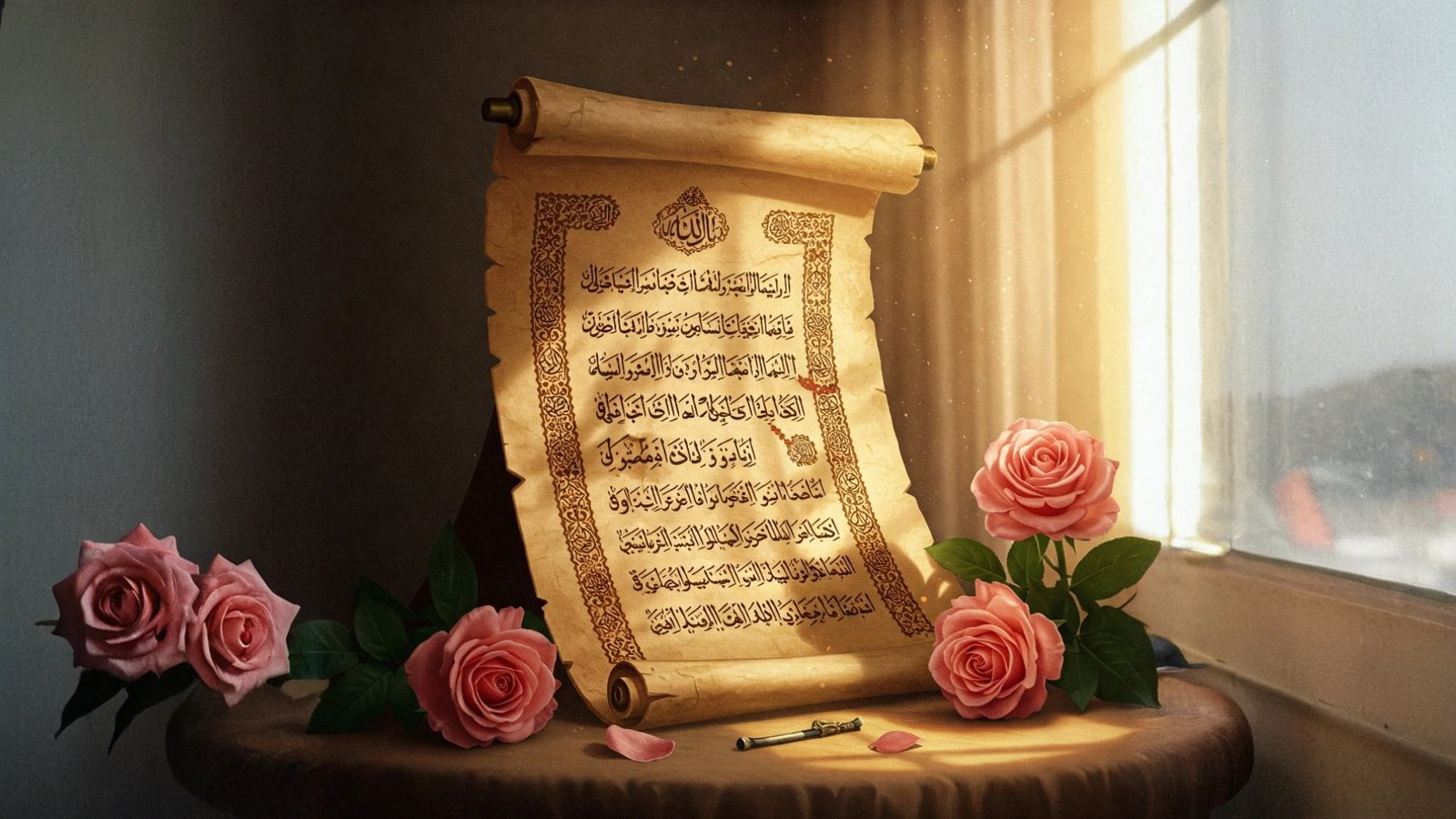

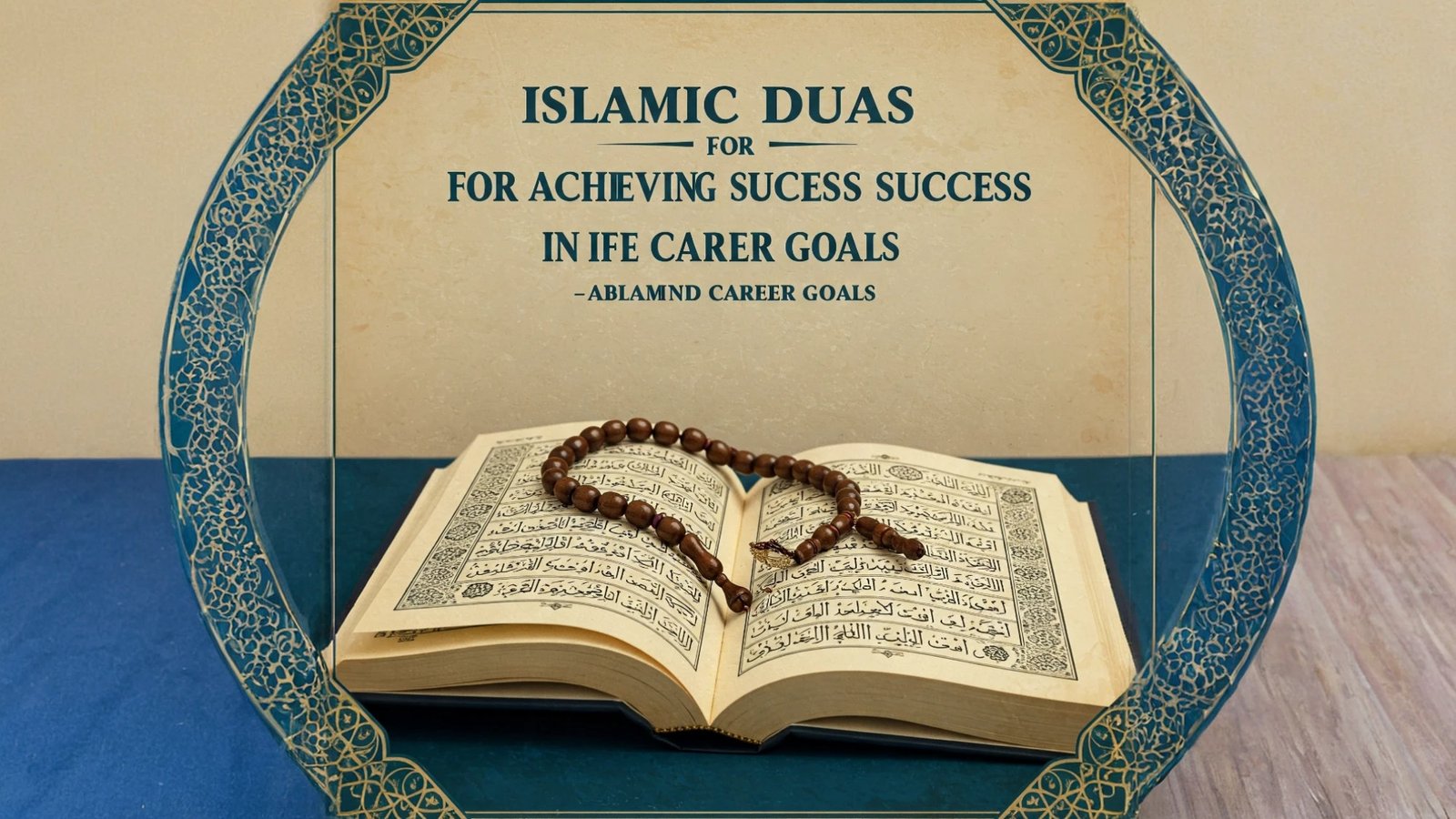




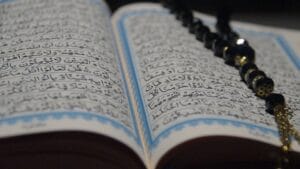


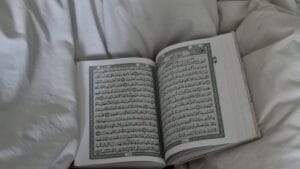

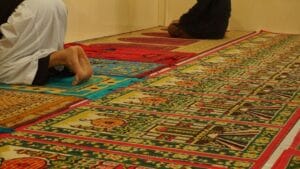

Post Comment